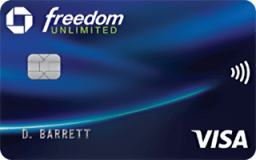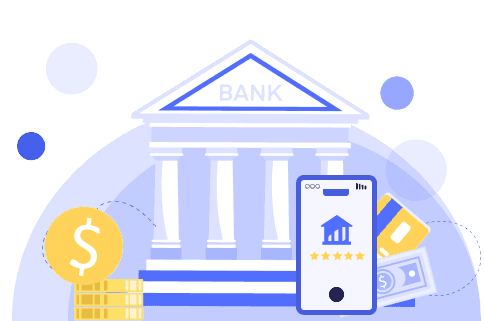A cashier's check, also known as an official bank check, is a secure form of payment guaranteed by the bank or credit union that issues it. They are often required for large transactions or when the recipient needs assurance that the funds are legitimate and available.
This type of check offers more security than a personal check and reduces the risk of fraud or insufficient funds.











